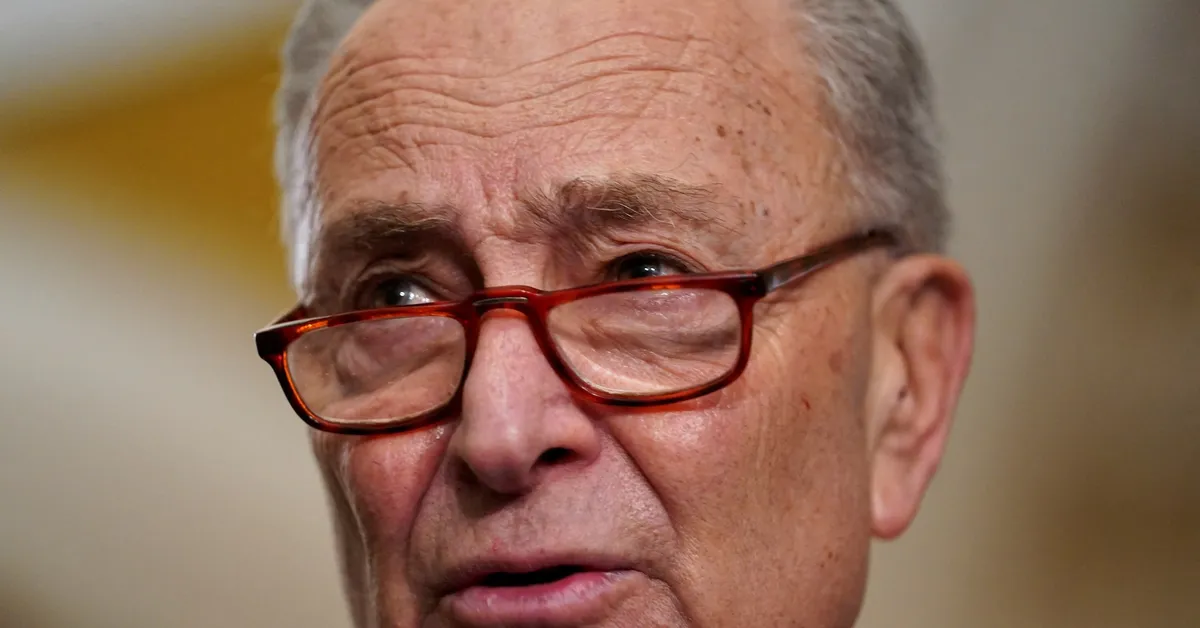
On March 31, the Democratic Party took a significant step in defending voting rights by filing a lawsuit against President Donald Trump's recent executive order aimed at overhauling the U.S. election system. The lawsuit, submitted to a federal court in Washington, D.C., argues that the changes proposed in the executive order pose a risk of disenfranchising eligible U.S. citizens and obstructing their fundamental right to vote.
The Democratic National Committee (DNC) contends that President Trump exceeded his constitutional authority with the March 25 executive order. Key provisions of the order require voters to provide proof of U.S. citizenship and prevent states from counting mail-in ballots that are received after Election Day. Additionally, the order threatens to withhold federal funding from states that do not comply with these new regulations.
The lawsuit emphasizes that these measures could severely hinder lawful voting and are deemed illegal. The legal action is spearheaded by prominent Democratic election lawyer Marc Elias, along with his team, and includes U.S. Senator Chuck Schumer and U.S. Representative Hakeem Jeffries as plaintiffs, representing the leadership of the Democratic minorities in both the Senate and House of Representatives.
The White House has not provided an immediate response to the lawsuit's claims. However, the Trump administration has previously defended the executive order, asserting that it aims to safeguard U.S. elections from foreign interference. President Trump has consistently expressed skepticism about the integrity of the U.S. electoral system, repeatedly making unsubstantiated claims that his loss to Democratic President Joe Biden in 2020 was due to widespread fraud.
Moreover, Trump and his Republican allies have propagated unfounded assertions regarding non-citizens voting, a claim that lacks credible evidence and is largely regarded as illegal. The lawsuit filed by the DNC argues that the Constitution grants the authority to regulate federal elections to individual states and Congress, not the president. This separation of powers is vital to preventing any one leader from manipulating election rules for personal gain.
The lawsuit references the foresight of the Framers of the U.S. Constitution, who recognized the potential for self-serving leaders to corrupt the democratic process in their pursuit of power. This historical perspective underscores the importance of upholding voting rights and maintaining the integrity of elections.
In addition to the DNC's legal challenge, voting rights organizations, including the Campaign Legal Center and the State Democracy Defenders Fund, have initiated a separate legal action against the executive order, emphasizing the widespread concern regarding its implications for democracy.
As this legal battle unfolds, the outcome will have significant ramifications for voting rights in the United States and the ongoing discourse surrounding election integrity.